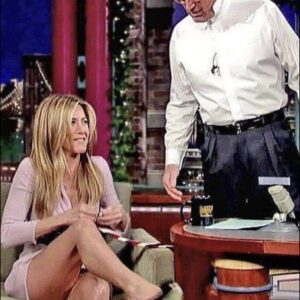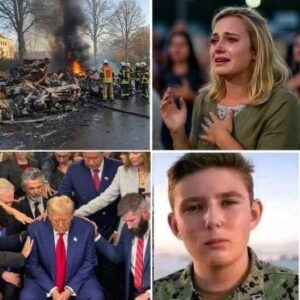The global geopolitical landscape has once again been shaken by a decision that reverberates far beyond the immediate borders of Eastern Europe. In a bold and unexpected move, the United States government has suspended all military aid to Ukraine—a decision that has not only intensified diplomatic debates but also reshaped the contours of international security and alliance politics. This development comes in the wake of a high-stakes meeting between President Donald Trump and Ukrainian President Volodymyr Zelenskyy, an encounter that carried immense symbolic weight as well as strategic implications. As world leaders and regional powers react to this change, the situation offers a multifaceted case study on the interplay between military support, diplomatic maneuvering, and the pursuit of peace.
The roots of this decision lie in a long-standing, complex relationship between the United States and Ukraine—a relationship that has been characterized by robust military support, significant financial assistance, and a shared commitment to countering regional instability. Since the escalation of the conflict following Russia’s military intervention in 2022, Ukraine has emerged as a focal point of international concern. The previous administration under President Biden had championed Ukraine’s right to self-defense by providing aid valued at over $66.5 billion, reinforcing Ukraine’s capabilities on the ground. However, as political winds shift in Washington, a new course is being charted—one that appears to favor a strategic de-escalation of direct military involvement.
On March 3, a pivotal announcement confirmed that the US government would be halting all military aid to Ukraine. The timing and context of this decision are crucial. With tensions at a peak, and with the backdrop of renewed calls for a peaceful resolution to the conflict, the move is seen by some as a genuine attempt to foster dialogue, while others view it as a strategic retreat from a costly confrontation. The response from Russia, particularly the statements by Kremlin spokesman Dmitry Peskov, has further added layers of complexity to the unfolding narrative. Peskov’s assertion that this suspension might represent the “best contribution to the cause of peace” signals a recalibration of Russian expectations and strategies—a recalibration that might bear significant implications for the region’s future.





